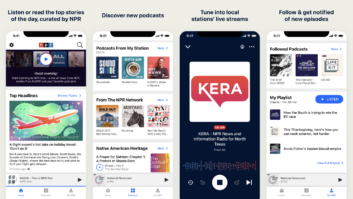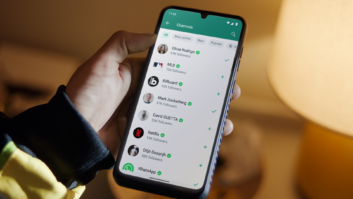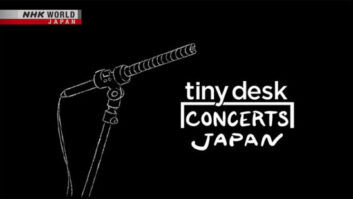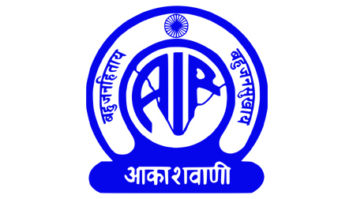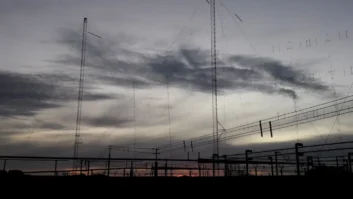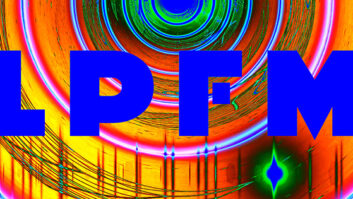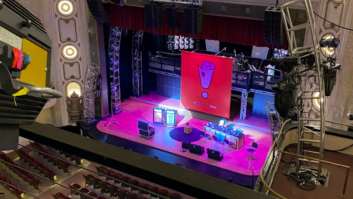
An exclusive to this report:
Boston-area tests related to the proposed voluntary FM IBOC power increase are complete. And this time, non-commercial and commercial radio organizations worked in concert on the effort.
NPR Labs’ Mike Starling and Greater Media’s Milford Smith tell me that over numerous several-day periods, WKLB and WRNI conducted elevated power tests, looking at modeling field- and lab-generated mobile audio samples. Those two stations were chosen because they’re first-adjacent to each other and WKLB had received temporary high-power authorization earlier this year.
Class A WRNI is part of Rhode Island Public Radio and operates on 102.7 MHz in Providence. Class B WKLB is owned by Greater Media and operates on 102.5 MHz in Boston.
Smitty tells me several Greater Media stations have temporary authorizations to operate at elevated IBOC power for testing purposes.
The Boston tests differed from past NPR Labs tests because they involved taking mobile audio measurements to back up measurements made in the lab. WRNI and NPR Labs engineers took measurements at certain points from one van while Greater Media and iBiquity engineers followed in another van and also took measurements for corroboration and redundancy on collecting the NPR audio samples.
I reported after the spring NAB Show that a core working group consisting of Smitty, Glynn Walden, iBiquity staff, Doug Vernier, David Wilson, Geoff Mendenhall and Jeff Littlejohn now advises the lab on its methodology for the elevated power tests.
Results will be made public after NPR Labs turns in its information to its funder, the Corporation for Public Broadcasting, and the Federal Communications Commission.
These field trials are some of several planned for the elevated power testing. The next stop for the NPR Labs van is Minnesota, where engineers hope to test for both the full 10 dB increase and at interim power levels and document the corresponding improvements in indoor coverage. SCA host compatibility tests have already begun at NPR Labs. A peer review group of several dozen stations and industry stakeholders are participating in reviewing and commenting on the study.
The more testing that’s done, the better for the industry; it’s good to see the cooperation in this round of tests.





